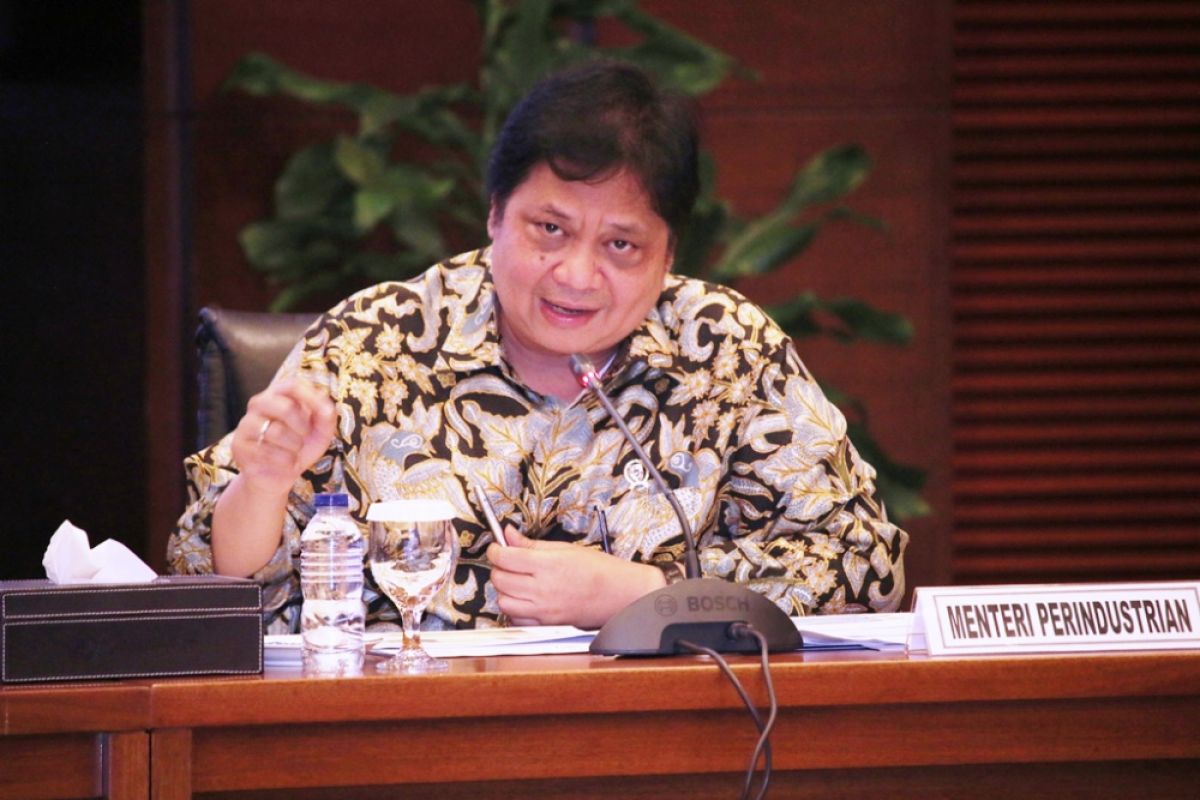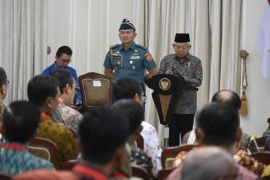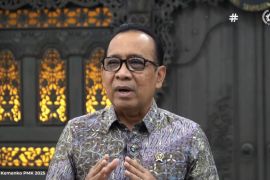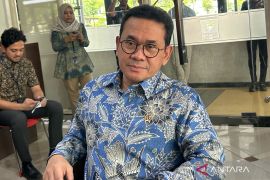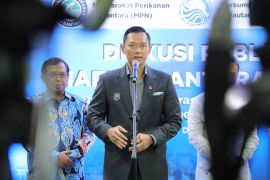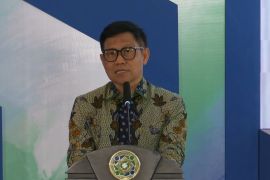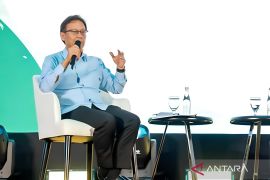"Fiscal incentives are needed as an effort to encourage investment and increase the growth of the manufacturing sector," Airlangga said in a statement received by Antara here, Sunday.
According to him, the spirit of national industry players to expand their business is strengthened because they are supported by pro-business government policies.
The minister pointed out that some of the incentives that entrepreneurs have been waiting for, including super deductible taxes and regulations related to sales tax on luxury goods.
"The super deductible tax incentive will be given to industries which get involved in vocational education programs as well as carry out research and development (R & D) activities to produce innovations," he explained.
The Ministry of Industry has proposed a super deductible tax scheme to the Ministry of Finance.
Industries that hold vocational training and educational programs will get a tax reduction of 200 percent, while those that conduct R & D activities or make innovations will get a tax deduction of 300 percent.
The implementation of the super deductible tax is in line with the initiatives mentioned in the Making Indonesia 4.0 roadmap.
"This means that in addition to tax allowance and tax holiday fiscal incentives, the facilities which are provided to industries will also accelerate the national manufacturing industry sector to face the 4.0 industrial revolution," he explained.
The Ministry of Industry has also proposed a sales tax scheme on luxury goods for sedans and electric vehicles by lowering or abolishing the tariffs.
This effort is expected to boost the productivity of the national automotive industry in order to meet domestic and export markets.
"We are boosting sedan production to expand the export market. Moreover, the national automotive is an export-oriented industry and is a priority in the implementation of the industrial revolution 4.0. We are also focusing on developing the production of electric vehicles," Airlangga said.
In this new scheme, the calculation of sales tax on luxury goods is no longer based on the type of vehicle, the size of the engine, and the driving device.
The taxes will be calculated based on carbon dioxide (CO2) emissions test and cylinder volumes (engine size).
The lowest emission limit is 150 grams per kilometer and the highest is 250 grams per kilometer. The sales tax on luxury goods applied on carbon dioxide test is 0-50 percent. The lower the emissions and the smaller the engine volume, the lower the tax should be paid.
The government will also provide special treatment in the form of lower tax for commercial vehicles as well as vehicles which are registered in low carbon emission vehicle (LCEV) program. The treatment is also applied for fuel-efficient vehicles and the ones with affordable prices. Sales tax on luxury goods is valid for those vehicles at 0-30 percent.
Airlangga said the government would issue a mini tax holiday scheme for investors with an investment value of under Rp500 billion (about US$33.5 million). In this scheme investors will get an income tax discount of 60 percent.
"This incentive is expected to grow the small and medium industrial sectors," the minister said.
Reporting by Sella Panduarsa Gareta
Editing by Libertina Widyamurti Ambari
Reporter: Antara
Editor: Andi Abdussalam
Copyright © ANTARA 2018
